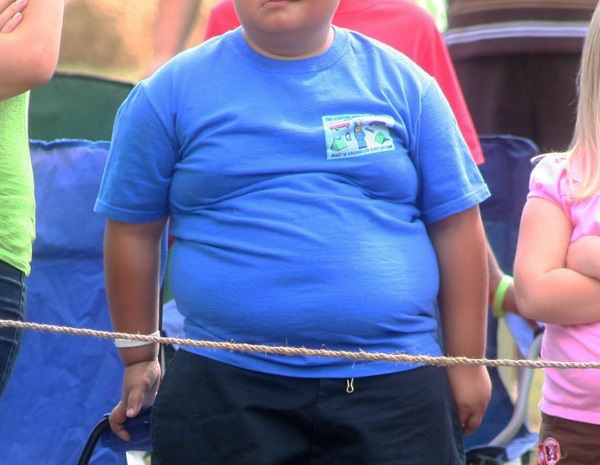Although children need to eat well to enhance their growth and development, taking more than they need or use results in extra calories the body stores up as fat. Over time, this leads to them being overweight and eventually they become obese.
Children who are obese are above a healthy weight for their age and height. Childhood obesity has been a global public health concern for some years and has worsened with the Covid-19 pandemic.
Safety measures which included the closure of schools and limitations on leaving the house resulted in children being physically inactive and increasing their chances of becoming obese.
How does it happen?
In most cases, childhood obesity results from overeating and exercising too little. In addition, other factors contributing to obesity include a sedentary lifestyle, genetics, physical inactivity and poor eating habits, such as frequent consumption of fizzy drinks and foods high in sugar and fats.
Children these days spend more time watching television and playing computer games than partaking in outdoor games and activities which will help burn fat in the body.
Back in the day, most children walked or rode their bicycles to school but this is not the case in recent times. All these have contributed to a decrease in children’s physical activity levels, putting them at a higher risk of becoming obese
What are the effects of obesity on children?
Children who are obese are usually at a higher risk of developing serious health conditions, including asthma, diabetes, high blood pressure, heart diseases, high cholesterol, joint pain and certain cancers.
In addition, obese children are prone to bullying and social isolation leading to low self-esteem, poor body image and depression.
Most children get affected by the stigma, lose their will power and develop negative behaviour such as laziness, poor hygiene and bad eating habits.
These conditions result in children missing school more frequently, negatively affecting their school performance.
How can I help my child?
As a parent or guardian, it is not easy to watch your child or ward struggle with obesity and its associated stigma. There is a lot you can do to help reduce the occurrence and adverse effects of obesity on your child. Here are some tips to help prevent excess weight gain in your child.
Teach your child healthy eating habits and encourage them to stay physically active.
Set a good example by making healthier food choices and adding regular physical activities to the family’s daily routine.
Provide healthy snacks such as fruits and avoid giving sweets as a reward for good behaviour.
Limit the time your child spends watching television or playing video games.
Ensure your child is drinking enough water. This will make them feel full and prevent the urge to overeat or reach out for unhealthy snacks.
Talk to a physiotherapist and a dietician to help with the appropriate exercises and meal plan, respectively
